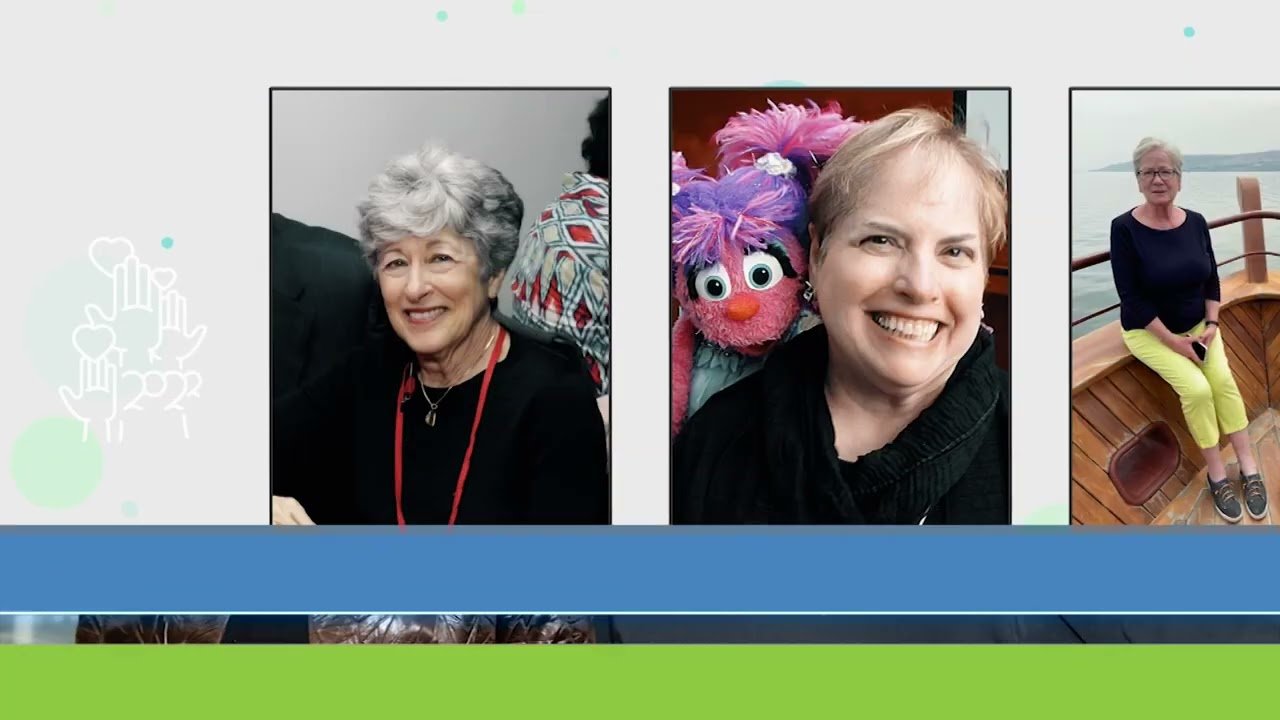The Influence of TV on Society
Television plays a significant role in shaping societal norms and values. With millions of viewers tuning in to their favorite shows daily, the impact of TV on public perception cannot be overstated. From shaping political opinions to influencing consumer behavior, television has the power to drive social change.
Volunteering as a Social Cause

Volunteering is a noble act that involves individuals dedicating their time and skills to help others without expecting anything in return. It plays a crucial role in building stronger communities, addressing social issues, and fostering empathy and compassion among individuals.
The Emergence of Volunteering Messages in TV Shows
In recent years, TV producers and writers have increasingly recognized the importance of integrating social messages into their storylines. By weaving volunteering themes into the plotlines of popular TV shows, they can reach a broader audience and raise awareness about the significance of community service.
Notable Examples of Volunteering Messages in TV Shows
One prominent example of a TV show incorporating a volunteering message is the hit series “Grey’s Anatomy.” In one episode, the characters volunteer at a local homeless shelter, highlighting the importance of giving back to the community. The show’s creator, Shonda Rhimes, stated, “We wanted to show our characters engaging in activities that reflect real-life issues and inspire viewers to make a difference.”
Another noteworthy instance is the show “Parks and Recreation,” which revolves around the lives of government employees in the fictional town of Pawnee. The show often features characters participating in volunteer work, such as organizing charity events and cleaning up local parks. This portrayal of community service has resonated with viewers and sparked conversations about the impact of volunteering.
The Impact of Volunteering Messages on Viewers
The inclusion of volunteering messages in TV shows can have a profound impact on viewers. By showcasing characters engaging in volunteer activities, TV programs not only raise awareness about social issues but also inspire audience members to take action in their own communities. Research has shown that exposure to positive media messages can lead to increased empathy and altruistic behavior among viewers.
Expert Insights on the Trend
Dr. Emily Johnson, a media psychologist, shared her thoughts on the trend of integrating volunteering messages into TV shows. She stated, “Television has the power to shape attitudes and behaviors. By portraying volunteering in a positive light, TV shows can motivate viewers to get involved in their communities and make a difference.”
Furthermore, Dr. Michael Lee, a sociologist specializing in media studies, emphasized the importance of authenticity in portraying volunteering on television. He noted, “Viewers are more likely to connect with characters who engage in realistic volunteer activities. Authenticity is key to conveying the true spirit of community service.”
Wrapping Up
In conclusion, the integration of volunteering messages into TV shows represents a positive shift in media representation. By shining a spotlight on community service and social causes, television programs have the potential to inspire viewers to become more actively engaged in their communities. As this trend continues to gain momentum, it is essential for TV producers to uphold the authenticity and integrity of volunteering portrayals to ensure that the message resonates with audiences effectively. Volunteering is not just a message but a call to action that can transform communities and individuals alike.
